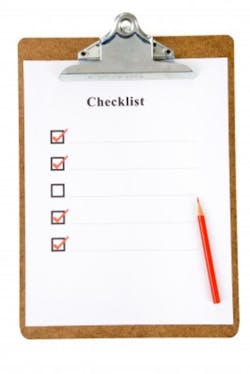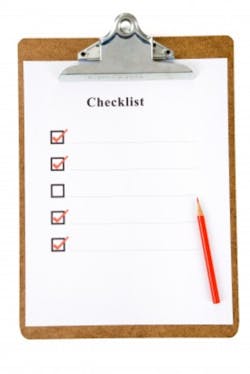The final rule has been out for two months now, so if your organization is not already paperless, now’s the time to get to the Herculean task of choosing the right electronic health record (EHR). To start the process, most organizations put out a request for information (RFI) to gauge the vendor’s experience, expertise, and product offering. This blog will be the first of a three-part series on choosing the right EHR for your organization; next week I’ll feature the most important things to put in your organization’s request for proposal (RFP). Now for the top 10 things you need to put in your RFI, drum roll please.
4. R&D- Be sure to ask each vendor to supply the percentage of its revenue it reinvests in research and development. That’s very reflective of how to measure their growth potential, as well as the potential for future development plans.
5. Updates/Upgrades- Ask vendors how frequently they do software updates and larger upgrades on their products. You want to make sure you won’t be left behind, as software upgrades are being rapidly scheduled to keep up with meaningful use requirements. Stages 2 and 3 are right around the corner.
6. Installations- You want to make sure your vendor has had a lot of proven experience. It’s helpful to set a particular threshold for the amount of required installations. For instance, NYC Regional Electronic Adoption Center for Health (REACH) Amanda Parsons, M.D., noted she put in her RFI for preferred vendors that they had to have at least 1,000 installs nationally to qualify.
7. Experience- You want to ask the vendor to provide examples of installations at similarly sized and type of organization as yours to make sure there are some best practices resulting, so they’re not flying blind when it’s time for your install.
8. References- You should ask for a list of current customers and references. Just like any good interview process, sometimes references give intangible insight to the inner workings of a company.
9. M & A- Take a look at the stability of the company. Ask them to list the mergers or acquisitions they’ve undergone in the last five years. You don’t want to get lost in the shuffle of a company transition.
10. Awards- Make sure to ask if the vendor has received any industry awards or other purchaser rankings. For instance, KLAS puts out its Top 20 list every December that ranks healthcare software offerings.



